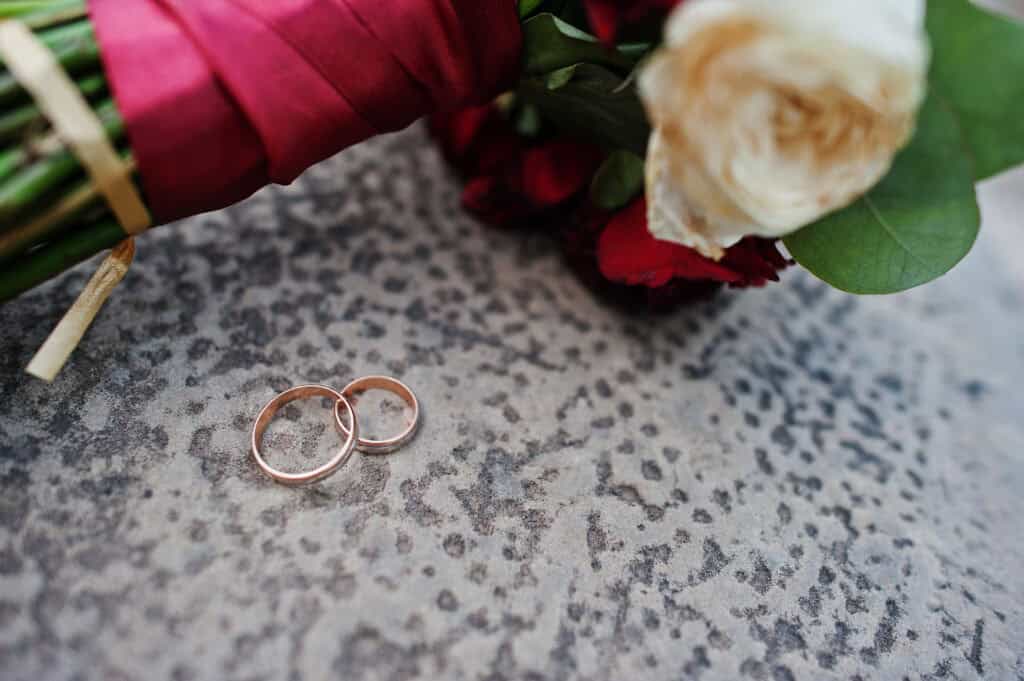Can I Get Married During Muharram?
Necessary & Unnecessary Actions While Mourning the Ahl al-Bayt (pbut)

- Details about the Situation
Fatima is 27 years old and lives in Houston, Texas.
She and her fiancé Ali had been engaged for over a year. Both families finally found a time when their extended relatives would be in town — the only available window happened to be during the first week of Muharram. The plan was to hold a simple nikāḥ ceremony on the 3rd of Muharram and delay the wedding celebration until later in the year.
Fatima is a practicing Shia Muslim, deeply connected to the memory of Imam Hussain (p) and the tragedy of Karbala. The idea of holding any sort of joyful occasion during a sacred mourning period feels inappropriate to her — but at the same time, she wonders: Is it haram to perform the nikāḥ in Muharram? Or just discouraged?
At the same time, Fatima is mindful of the sanctity of the holy month of Muharram, especially the first ten days which mark the martyrdom of Imam Hussain (p) and the tragedy of Karbala. She feels uneasy about doing something that might seem joyful during this sacred time. What should she do?
- Background
During times of sorrow for the Prophet and his family (pbut), especially during the month of Muharram, we are encouraged to engage in mourning and remembrance. Such practices include engaging in reflection, donning black attire, and dedicating extra time and energy to the worship of God.
Believers are encouraged to avoid actions that contradict the spirit of grief, such as celebrating and getting dressed up for a happy occasion. In fact, as a guide, a person should consider what behaviors they would avoid if they were grieving the loss of a loved one, and behave accordingly out of love and respect for the family of the Prophet (pbut). If it is not considered to be necessary, they should choose a time that is far removed from the periods in the Islamic calendar which are designated for mourning the Ahl al-Bayt (pbut).
- Ruling
According to scholars, it is not haram to get married or conduct a nikāḥ in Muharram or Safar unless it is seen as an act that is disrespectful to the Ahl al-Bayt (pbut).
That being said, it is highly discouraged to hold celebrations, wear fancy attire or decorate for joyous events — particularly as it may be considered a violation of the sanctity of the Prophet and his family (pbut).
If certain circumstances require that a nikāḥ ceremony take place, such as travel, visa deadlines, or family availability, it should be conducted in a simple, solemn manner, without outward displays of joy or contradiction to the mourning atmosphere.
Ideally, non-urgent joyful occasions should be postponed to avoid conflicting with the sacred grief associated with this time.
- Action
After reflection and discussion with Ali and their families, Fatima decides to go ahead with a private nikkahḥ on the 3rd of Muharram with only her parents and a local scholar present. The event is simple, quiet, and solemn — no announcements are made, no photos are shared, and the families agree to delay the full celebration until after Safar.
Fatima feels spiritually at peace, knowing she honored both her life’s needs and her loyalty to the Ahl al-Bayt (pbut).

Leave a Comment:
You must be logged in to post a comment.